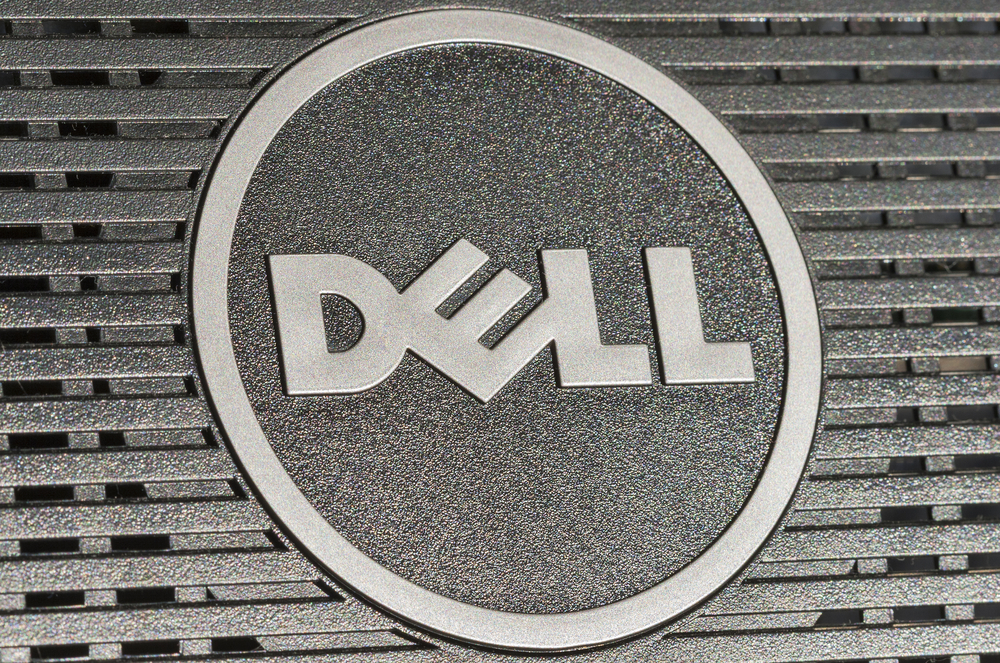

Dell, which knows a trend when it sees one and is able to act on them a lot quicker now that it’s a privately held company, has started a new division to develop and market Internet of things-type products and services.
That’s not all. The company has already come out with its first IoT product: an inexpensive gateway appliance that onramps IT systems to the cloud and filters data. And we do mean inexpensive—pricing for the Dell IoT Gateway starts at $479, but it can be augmented with additional enterprise functionality for $200 to $300 more.
Still, we’re talking chicken feed because IT managers are accustomed to spending much more than that on a key piece of data center hardware. But this is what will get Dell in the doors of IT decision-makers.
The IoT Gateway, which looks exactly like a desktop router, is a repurposed Wyse 3000 Series thin-client terminal, the IP of which has been owned by Dell for a few years. It runs on a low-power 1.6GHz Intel Celeron processor and has a mere 4GB of RAM. It features all the functions of a decent laptop: WiFi, Ethernet, three USB ports, Bluetooth connectivity. It weighs only about 5 pounds.
“You think that the IoT was invented yesterday by marketeers, but it’s been around a long while, and we’ve been talking to a lot of customers about it. When you think about it, it’s really the Internet of data,” Dell’s Andy Rhodes, the newly anointed executive director of the new IoT division, told eWEEK.
“The sensors and devices are there just to create data, and then the data has to go somewhere to be aggregated and analyzed. That’s not a new concept. The new things are that it’s all becoming more affordable, the devices are becoming smaller and more power-efficient, you can put them in more places, and sensors are getting cheaper and cheaper. Cost of compute and storage is going down. Everything’s cheaper, so it’s all selling.”
The Dell IoT Gateway doesn’t come with an operating system so that IT shops can install their own. It will work with basically any system, including Ubuntu Linux, Wind River Linux, Red Hat Linux, Windows IoT and others.
A gateway is an editor of sorts for streams of data, Rhodes said, because it filters out repetitive data bytes as they come into the data store. Analysis engines, such as Hadoop and others, find query results much quicker with lean, pristine data.
“Ninety-five percent of IoT data is useless,” Rhodes said. “It’s the incremental additions or charges in data, or the connections between data bytes, that is valuable to the enterprise. Gateways like this one do analytics at the edge and then only relay the important data to the analyzer, saving time, money and bandwidth.”
Other characteristics of the Dell gateway, according to Rhodes, are:
Originally published on eWeek
In the driving seat about connected cars? Take our quiz!
Ubisoft and Tencent to create new joint-venture developing some of company's highest-profile games, including Assassin's…
American space agency prepares for testing of Boeing's Starliner, to ensure it has two space…
As UK and Europe develop closer military ties, European Commission says it will invest €1.3…
Zuckerberg seeks to revive Facebook's original spirit, as Meta launches Facebook Friends tab, so users…
Notable development for Meta, after appeal against 2021 WhatsApp privacy fine is backed by advisor…
First sign of shake-up under new CEO Lip-Bu Tan? Three Intel board members confirm they…